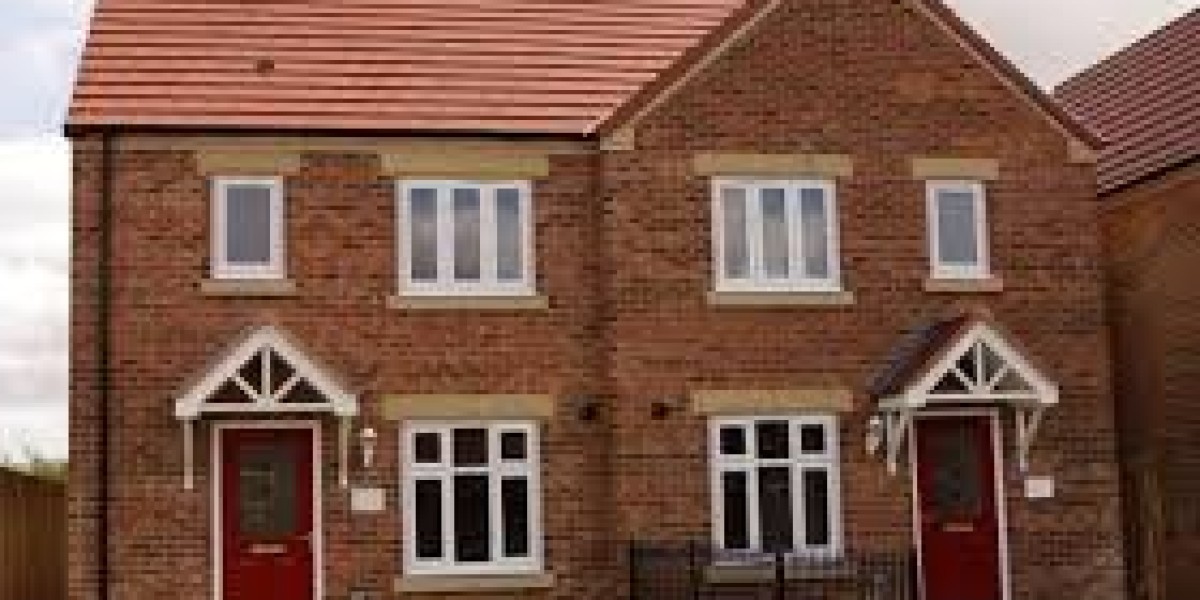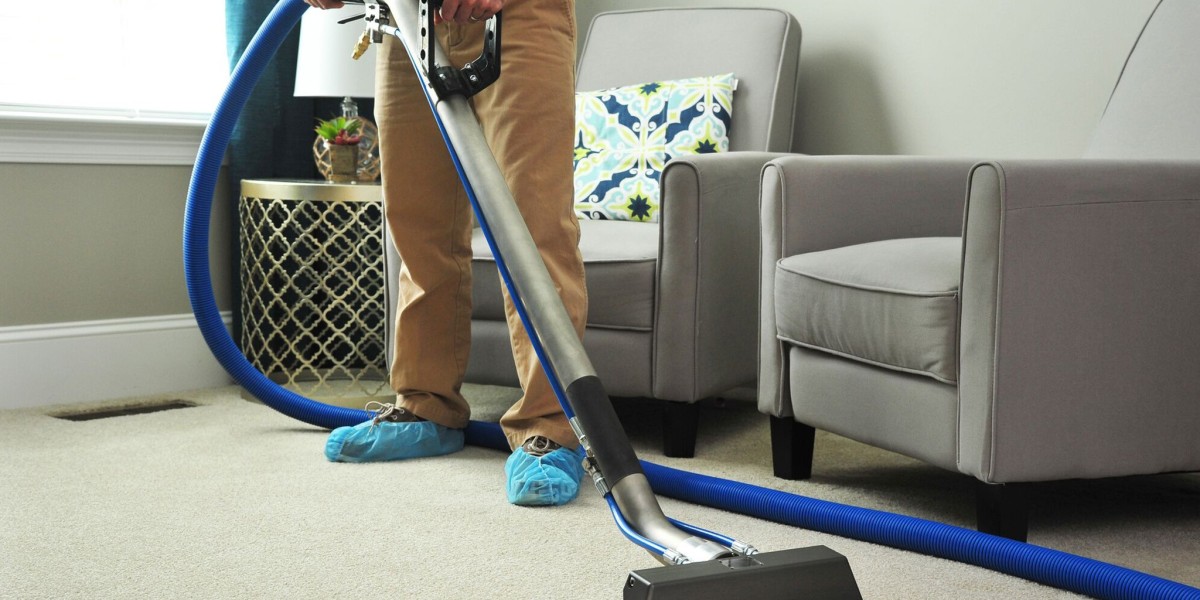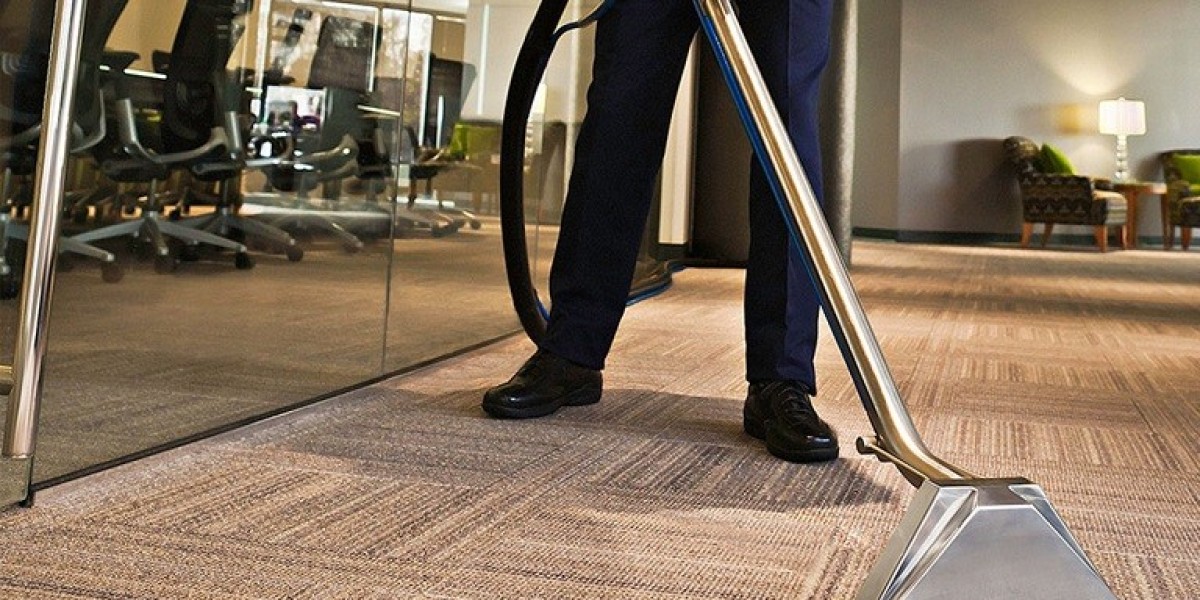In recent years, the demand for energy-efficient and sustainable building materials has surged, leading to the increased popularity of uPVC (unplasticized polyvinyl chloride) windows in modern architecture. Known for their durability, thermal efficiency, and low maintenance, uPVC windows offer a range of benefits that make them an attractive option for homeowners and builders alike. This article explores the advantages of uPVC windows, their impact on energy conservation, and some considerations to keep in mind when selecting them for your home.
Understanding uPVC Windows
uPVC is a rigid form of polyvinyl chloride that has been widely used in construction, particularly for window frames and doors. Unlike traditional PVC, uPVC does not contain plasticizers, which makes it more stable and less prone to degradation. uPVC windows are manufactured through an extrusion process that allows for the creation of frames in various shapes and sizes, providing flexibility in design and functionality.
Advantages of uPVC Windows
- Energy Efficiency: One of the most significant benefits of uPVC windows is their excellent thermal insulation properties. The multi-chambered design of uPVC frames helps to trap air, creating an insulating barrier that reduces heat loss in winter and keeps homes cooler in summer. This energy efficiency can lead to lower heating and cooling costs, making uPVC windows a cost-effective choice in the long run.
- Durability and Longevity: uPVC windows are highly resistant to the elements, including moisture, UV rays, and extreme temperatures. Unlike wooden frames, which can warp, rot, or require frequent painting, uPVC windows maintain their shape and color over time. This durability means that homeowners can expect a lifespan of 20 years or more with minimal maintenance.
- Low Maintenance: One of the most appealing aspects of uPVC windows is their low maintenance requirements. They do not require painting or staining and can be easily cleaned with soap and water. This ease of maintenance is particularly beneficial for busy homeowners or those looking to reduce the time spent on home upkeep.
- Sound Insulation: uPVC windows provide excellent sound insulation due to their density and the air-tight seal they create when closed. This feature is especially valuable for homes located in noisy urban areas, helping to create a more peaceful indoor environment.
- Security Features: Many uPVC windows come equipped with advanced locking mechanisms and multi-point locking systems, enhancing the security of the home. The strength of the uPVC material itself also adds a layer of protection against forced entry.
- Design Versatility: uPVC windows are available in a variety of styles, colors, and finishes, allowing homeowners to choose designs that complement their architectural preferences. Whether you prefer a traditional look or a modern aesthetic, uPVC windows can be customized to fit your vision.
- Environmental Considerations: While the production of uPVC does involve the use of fossil fuels, the longevity and energy efficiency of uPVC windows contribute positively to environmental sustainability. Additionally, uPVC is recyclable, and many manufacturers are now focusing on creating products that can be recycled at the end of their life cycle.
Considerations When Choosing uPVC Windows
While there are numerous advantages to uPVC windows, there are also some considerations that potential buyers should keep in mind:
- Initial Cost: Although uPVC windows can save homeowners money in energy costs over time, the initial investment may be higher than traditional wooden or aluminum frames. However, it is essential to consider the long-term savings and durability when evaluating the overall cost.
- Aesthetic Limitations: While uPVC windows are available in various styles and colors, some homeowners may find that they do not offer the same aesthetic appeal as natural wood. For those seeking a classic or rustic look, wooden frames may still be preferred.
- Thermal Expansion: uPVC can expand and contract with temperature fluctuations, which may lead to issues if not installed correctly. It is crucial to hire experienced professionals for installation to ensure that the windows fit properly and function as intended.
- Potential for Discoloration: Although high-quality uPVC windows are designed to resist fading from UV exposure, lower-grade products may become discolored over time. It is essential to choose reputable manufacturers that offer warranties for their products.
- Limited Repair Options: https://mpgawards.co.uk/how-diy-music-producers-can-get-exposure-online-using-youtube-and-instagram/ While uPVC windows are durable, if they do become damaged, repair options may be limited compared to wood. In some cases, replacement may be necessary rather than repair.
Conclusion
In conclusion, uPVC windows represent a significant advancement in window technology, offering numerous benefits that make them an ideal choice for modern architecture. Their energy efficiency, durability, low maintenance, and design versatility make them an attractive option for homeowners looking to enhance their living spaces. However, it is essential to weigh the advantages against potential considerations, such as initial costs and aesthetic preferences, before making a decision.
As the demand for sustainable building materials continues to grow, uPVC windows are likely to play an increasingly vital role in the construction and renovation of energy-efficient homes. By choosing uPVC windows, homeowners can contribute to a more sustainable future while enjoying the many benefits that these innovative products provide.




